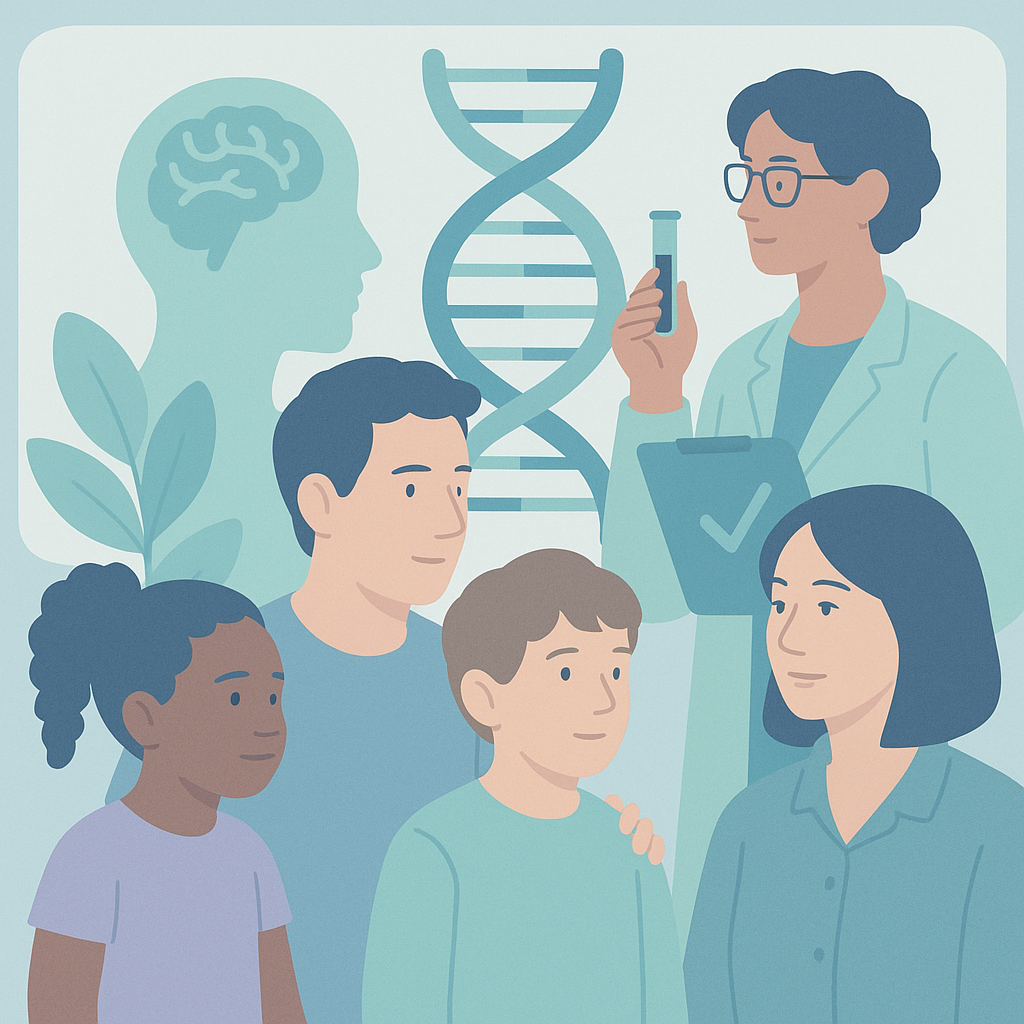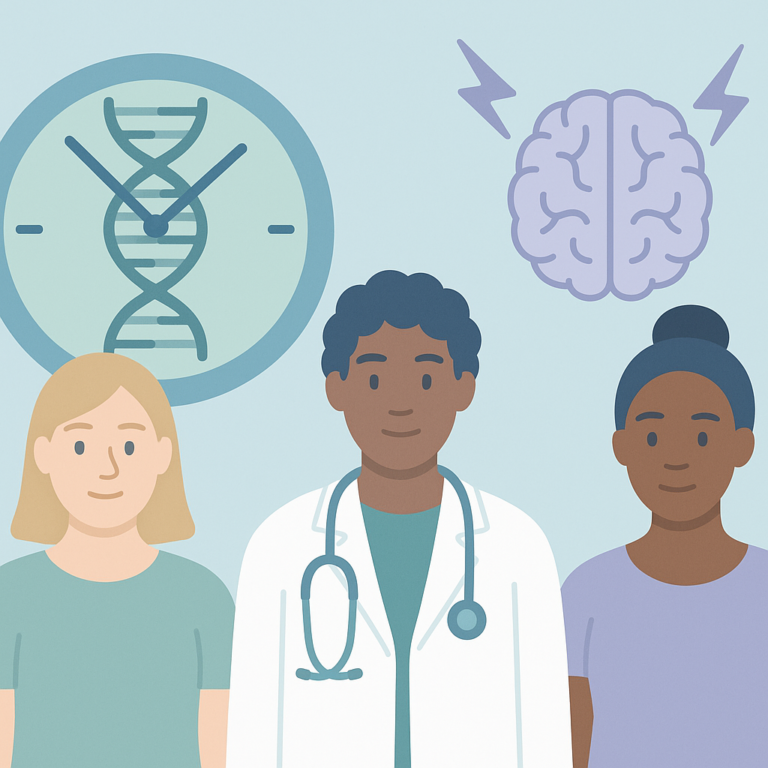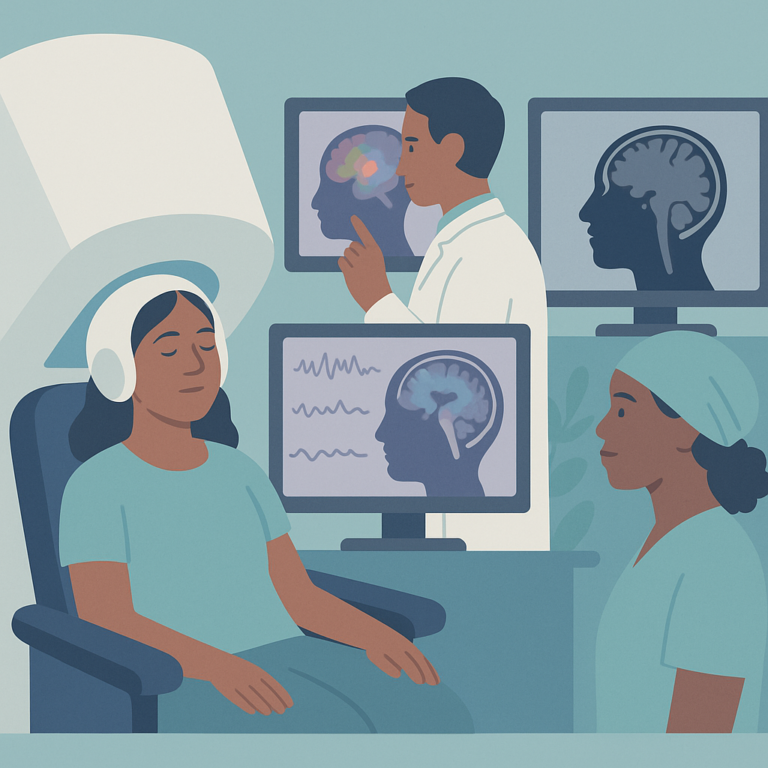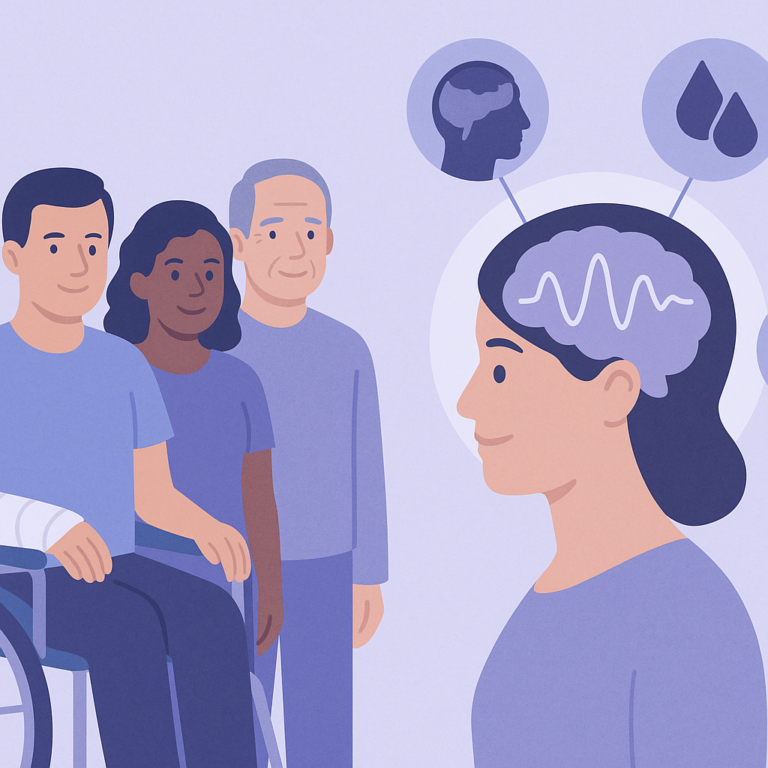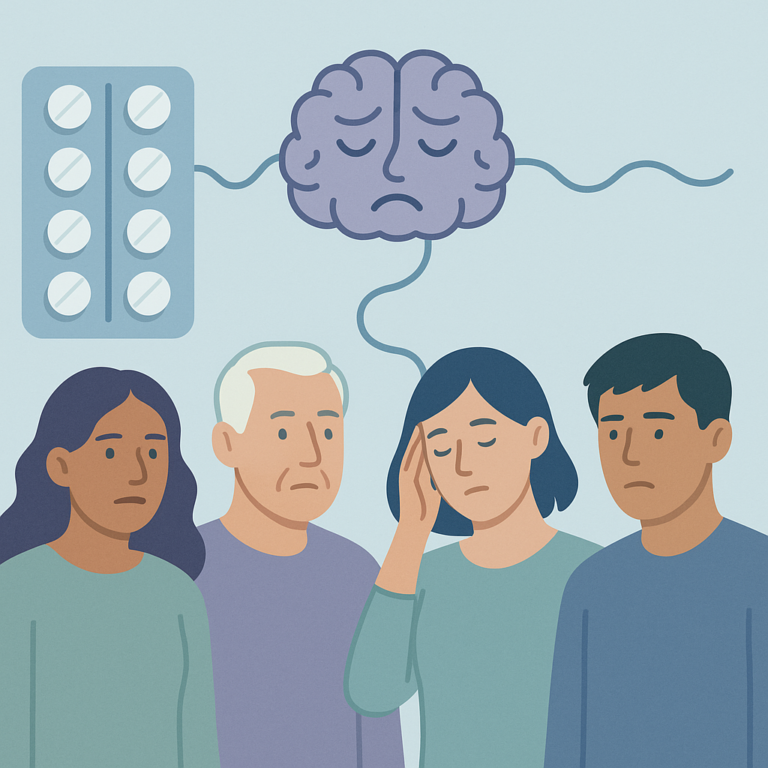Improving Access to Genetic Testing for Neurodevelopmental Disorders
Summary
This study looked at how genetic testing is used to diagnose neurodevelopmental disorders (NDDs) in Israel, focusing on children born between 2000 and 2020. Researchers analyzed health records from Clalit Health Services, the largest health organization in Israel, to understand the rates of genetic counseling and testing among children diagnosed with conditions like autism, intellectual disability, global developmental delay, epilepsy, and cerebral palsy. The study included over 2.4 million individuals, with 25,403 diagnosed with a major NDD.
The findings revealed that while many children were eligible for genetic counseling and testing, only a small percentage actually received it. Out of those indicated for testing, about 39% received counseling, and only 25% went on to have the genetic tests done. The study also found that children with multiple NDDs were more likely to receive testing compared to those with autism alone. Additionally, children from lower socioeconomic backgrounds and minority groups were diagnosed with autism at much lower rates, indicating a gap in access to care.
These results highlight the importance of improving access to genetic counseling and testing for all children with NDDs, especially those from underrepresented communities. The study suggests that national efforts are needed to raise awareness and ensure that all families can access the necessary resources for diagnosis and support. However, the study also has limitations, such as the focus on a specific health organization and the potential for underreporting in certain populations, which may affect the generalizability of the findings.
Free: Seizure First Aid Quick Guide (PDF)
Plus one plain-language weekly digest of new epilepsy research.
Unsubscribe anytime. No medical advice.